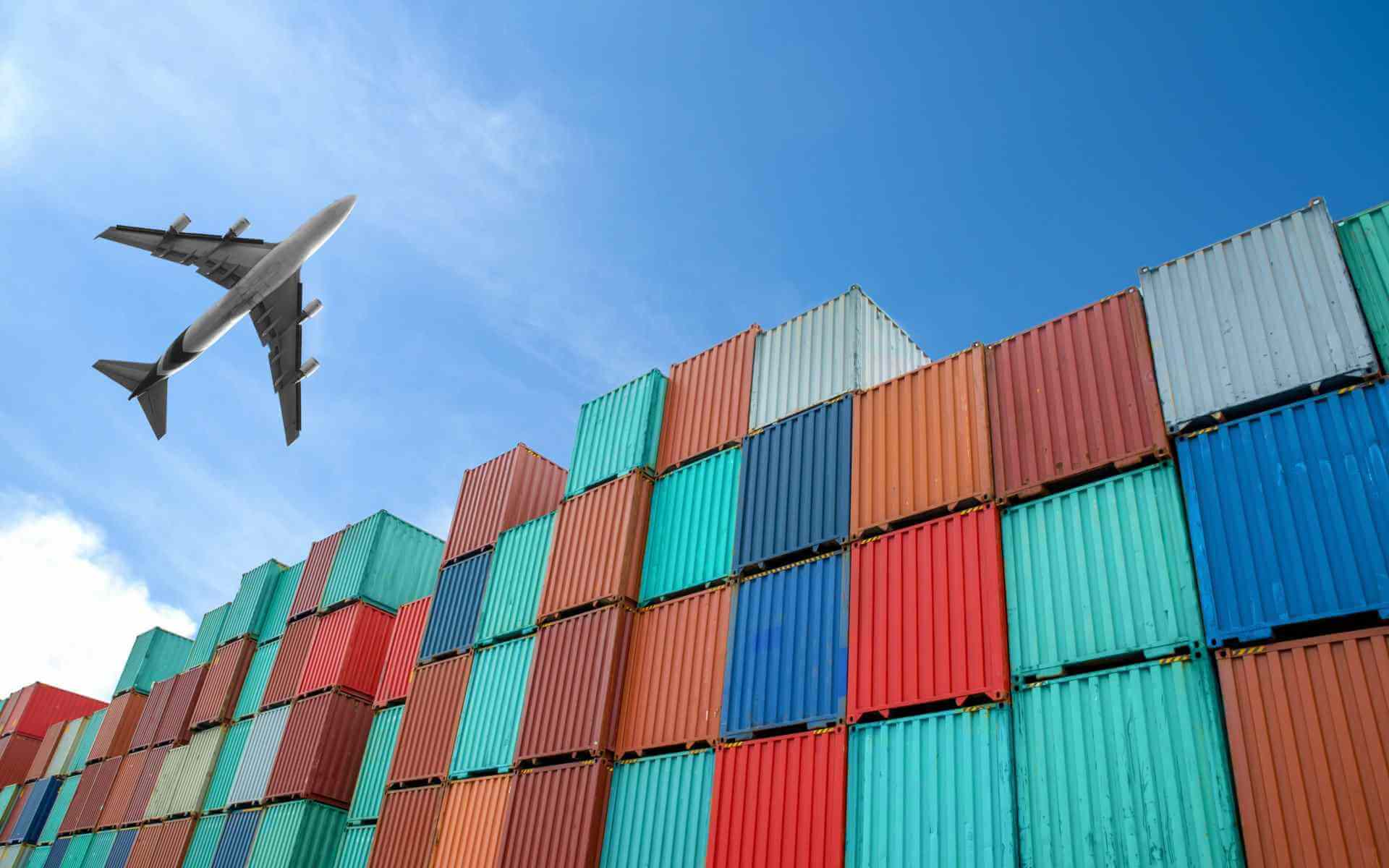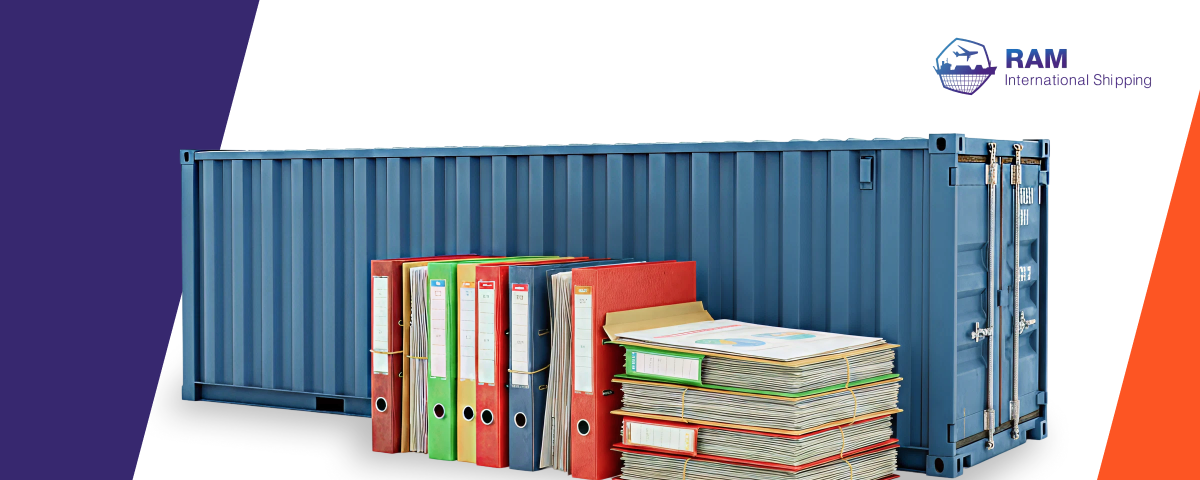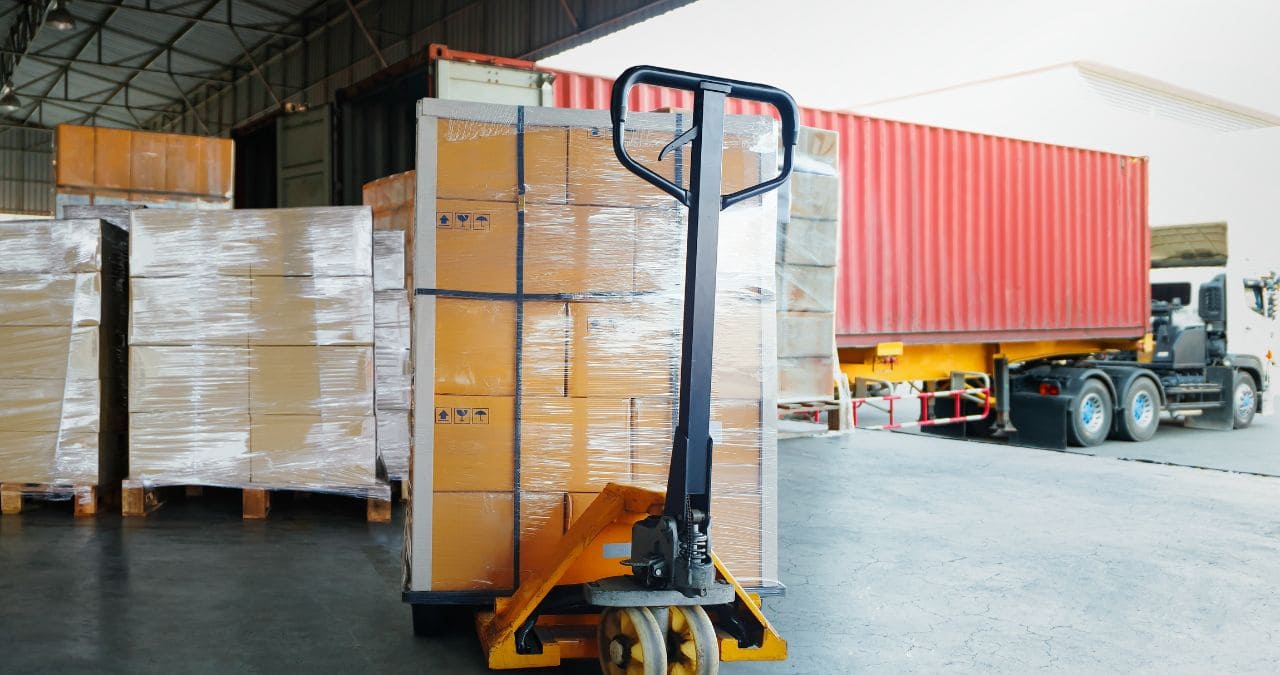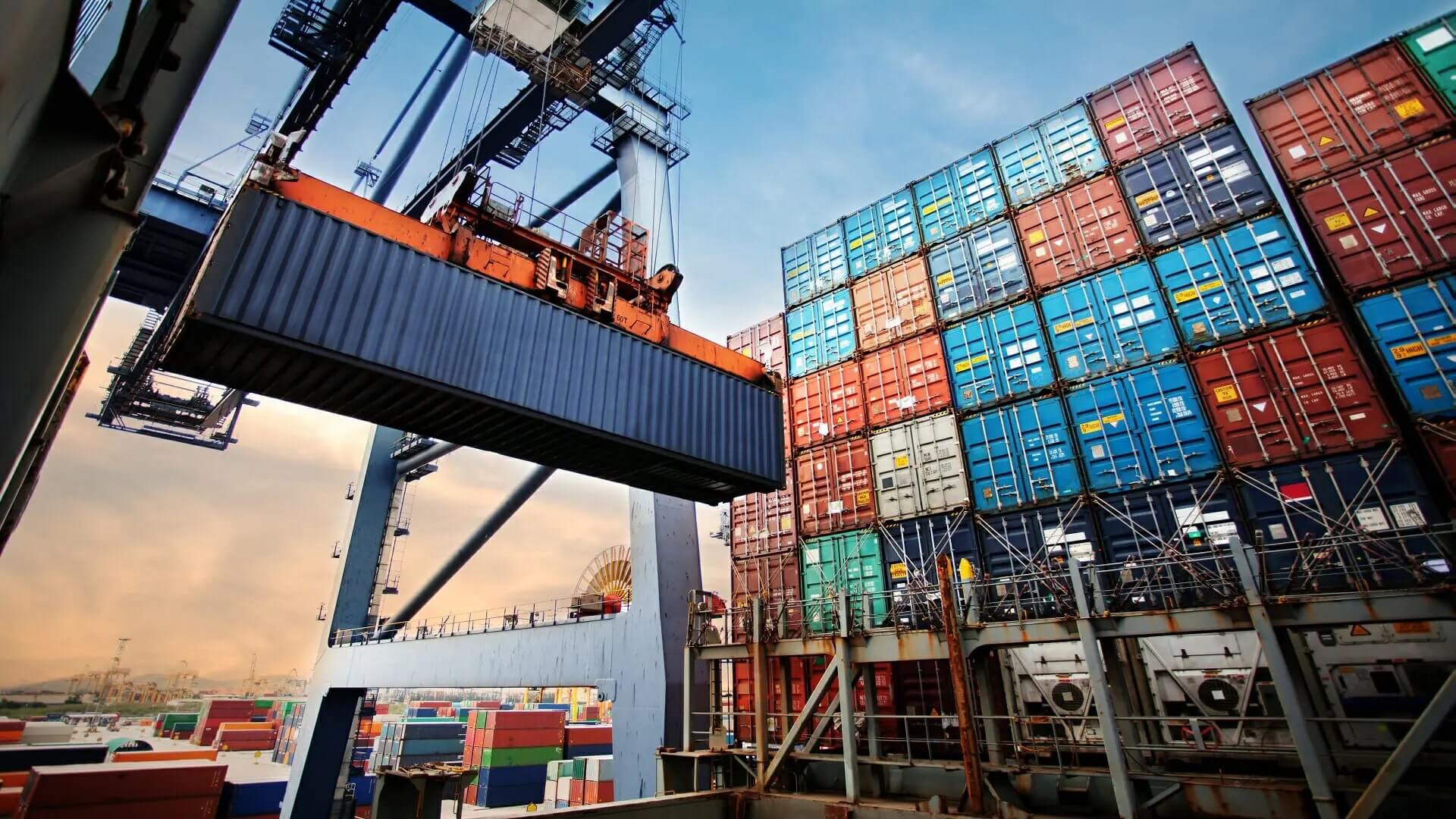
In international shipping, understanding each party’s responsibilities is essential for ensuring smooth transactions. One of the most straightforward, yet often misunderstood Incoterms, is EXW (Ex Works). This term has significant implications for both buyers and sellers, defining who is responsible for what throughout the shipping process. In this article, we’ll explore what EXW means, how it works, and why it’s important in global trade.
What Is EXW (Ex Works)?
EXW (Ex Works) is an Incoterm that places the maximum responsibility on the buyer and the minimum responsibility on the seller. Under EXW terms, the seller is only required to make the goods available at their premises (or another specified location, such as a factory or warehouse). Once the goods are ready for pickup, the seller’s obligations end, and the buyer must handle everything from that point onward.
This means the buyer is responsible for:
- Loading the goods onto the transport vehicle
- Handling export clearance and documentation
- Arranging for transportation and insurance
- Assuming all risks during transport from the seller’s location to the final destination
Seller’s Responsibilities
Although the seller’s obligations are minimal under EXW, they are still required to fulfill certain tasks before the goods can be handed over. These responsibilities include:
- Making the Goods Available: The seller must ensure that the goods are available for pickup at the agreed-upon location, such as their factory, warehouse, or another specified place.
- Packaging: The seller is responsible for adequately packaging the goods, ensuring they are ready for transportation.
- Providing Documentation: While the seller isn’t required to arrange export clearance, they must provide any necessary documents to the buyer for the transportation of goods.
Buyer’s Responsibilities
Under EXW terms, the buyer takes on the majority of the responsibilities, which requires careful coordination and planning. Below are the key duties the buyer must handle:
- Transportation and Loading: The buyer is responsible for organizing and paying for the transportation, including loading the goods onto the vehicle.
- Export and Import Clearance: The buyer must handle all the export and import formalities, including obtaining licenses, completing customs procedures, and paying any related duties or taxes.
- Insurance and Risk: The buyer assumes all risks from the point the goods are made available. It is their responsibility to arrange insurance to cover potential damage or loss during transit.
Example of EXW in Use
Imagine a company in China manufacturing electronics for a buyer in the United States. The buyer agrees to purchase the goods under EXW terms, meaning:
- The Chinese manufacturer will prepare the goods and make them available at their factory for pickup.
- The U.S. buyer will arrange for a local carrier to pick up the goods, handle export formalities, transport them to the port, and ship them to the United States.
- Once the goods are picked up, all costs and risks transfer to the U.S. buyer, including transportation, customs duties, and insurance.
In this scenario, EXW terms clearly outline that the seller’s responsibilities end when the goods are made available for pickup, placing the burden of shipping, insurance, and customs entirely on the buyer.
Benefits of EXW Incoterms
EXW offers several advantages, particularly for sellers, as it minimizes their involvement in the logistics of transporting the goods. Here are some of the key benefits:
- Simplicity for Sellers: The seller’s role is limited to making the goods available, reducing the complexity and potential liability involved in the shipping process.
- Lower Costs for Sellers: Since the buyer handles the transportation, insurance, and export duties, the seller incurs fewer shipping-related expenses.
- Buyer Control Over Shipping: EXW gives the buyer complete control over the shipping process, allowing them to choose their preferred carriers, routes, and transportation methods, potentially lowering costs.
Disadvantages and Risks of EXW
While EXW is straightforward, there are several challenges that both buyers and sellers need to be aware of.
For Sellers
- Minimal Control Over Transport: Once the goods are handed over to the buyer’s carrier, the seller has no control over the transportation process. This can lead to disputes if goods are damaged or delayed during transit.
- Lack of Export Documentation: Sellers are not responsible for clearing the goods for export, which can lead to complications if the buyer is unfamiliar with the necessary export procedures or if issues arise with customs authorities.
For Buyers
- High Responsibility and Risk: Buyers bear the entire risk and cost of transporting the goods from the seller’s location to the final destination, including loading, export clearance, and insurance.
- Complex Coordination: Arranging for transportation, documentation, and customs clearance can be time-consuming and complex, especially if the buyer lacks experience in international shipping.
- Hidden Costs: While EXW may seem cost-effective initially, buyers may encounter unexpected expenses related to export and import formalities, local transportation, and customs duties.
When to Use EXW
EXW is ideal for domestic transactions or for buyers with experience in handling international logistics. It is best suited for scenarios where the buyer is capable of managing the entire shipping process, from loading the goods to arranging customs clearance and final delivery.
However, for buyers with limited experience in international trade or when the shipment involves multiple jurisdictions, other Incoterms like FCA (Free Carrier) or FOB (Free on Board) might be more appropriate, as they provide a clearer division of responsibilities.
Final Considerations
EXW (Ex Works) is one of the simplest Incoterms, placing minimal responsibility on the seller and maximum responsibility on the buyer. While it offers significant control to the buyer, it also requires them to assume all risks and costs associated with the shipment. Both buyers and sellers must understand the implications of EXW before agreeing to its terms to ensure a smooth and trouble-free transaction. For sellers looking to minimize their involvement in the shipping process, and for buyers who are well-versed in international trade logistics, EXW can be an excellent option.



